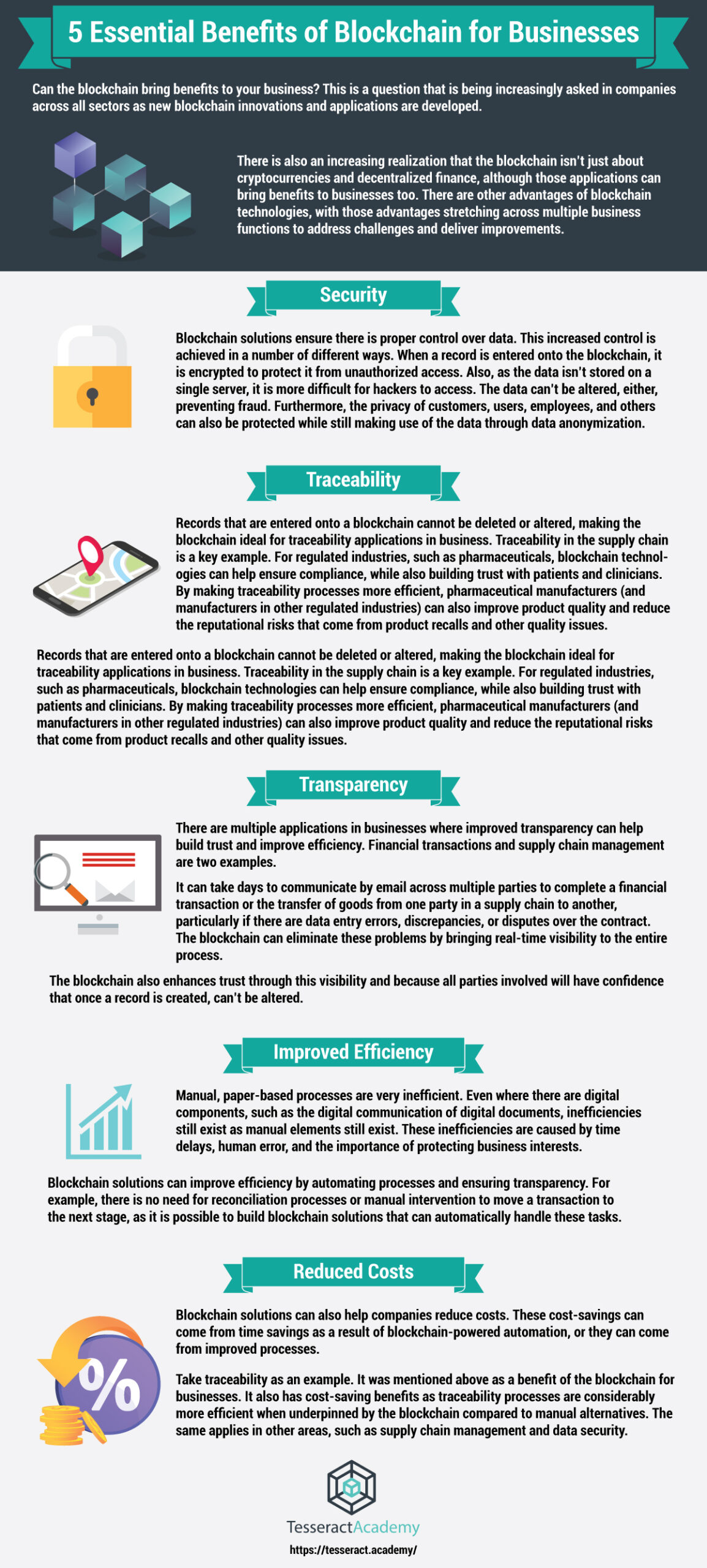When it comes to fundraising, transparency and trust are crucial. Did you know that in 2019, donors gave an estimated $450 billion to charitable organizations in the United States alone? However, concerns about how these funds are utilized and the lack of transparency in fundraising processes have emerged as significant challenges.
Blockchain technology has the potential to address these issues by revolutionizing transparency and trust in fundraising. By leveraging its decentralized and immutable nature, blockchain can provide a tamper-proof record of transactions, ensuring accountability and transparency in the allocation of funds. With its secure and transparent nature, blockchain can foster trust among donors and stakeholders, creating a more efficient and reliable fundraising ecosystem.


The Potential of Blockchain in Improving Transparency and Trust in Fundraising
Blockchain technology has gained significant attention in recent years due to its potential to revolutionize various industries. One area where blockchain shows great promise is in improving transparency and trust in fundraising. With traditional fundraising methods, there are often concerns about accountability, transparency, and the misuse of funds. By leveraging blockchain technology, these issues can be effectively addressed, leading to more transparency and trust in the fundraising process.
Blockchain offers several features that make it ideal for enhancing transparency in fundraising. First and foremost, it is a decentralized and distributed ledger technology, meaning that there is no need for a central authority to verify and authenticate transactions. Instead, each transaction is recorded on multiple nodes across the network, creating a transparent and immutable record of all fundraising activities. This eliminates the need for intermediaries and reduces the risk of fraudulent activities or tampering with financial transactions.
Furthermore, blockchain technology allows for smart contracts, which are self-executing contracts with the terms of the agreement directly written into lines of code. These smart contracts can facilitate fundraising activities by automating the processes and ensuring that funds are released only when predetermined conditions are met. This adds an extra layer of transparency as all parties involved can see and verify the terms of the contract.
Overall, blockchain technology has the potential to significantly improve transparency and trust in fundraising. By leveraging its decentralized nature, transparency features, and smart contracts, blockchain can create a more accountable and trustworthy fundraising ecosystem. Organizations and donors can have greater confidence in the allocation and utilization of funds, leading to increased support and participation in fundraising initiatives.
How Blockchain Enhances Transparency in Fundraising
Blockchain technology offers several key mechanisms that enhance transparency in fundraising. Let’s explore some of these mechanisms in detail:
1. Immutable and Transparent Ledger
One of the primary ways blockchain enhances transparency in fundraising is through its immutable and transparent ledger. Every transaction made using blockchain technology is recorded on the distributed ledger, which is accessible to all participants. This means that anyone can view the transaction history and verify the legitimacy of the transactions. With this level of transparency, donors have more confidence in the integrity of the fundraising process, knowing that their contributions are being used as intended.
The immutability of the blockchain ensures that once a transaction is recorded, it cannot be altered or deleted. This eliminates the possibility of fraudulent activities or unauthorized changes to the transaction history. All transactions are time-stamped and linked to previous transactions, creating an unalterable chain of records.
Furthermore, the transparency of the blockchain allows for real-time monitoring of fundraising activities. Donors can track the movement of funds and see how their contributions are being utilized. This level of transparency builds trust between the organization and the donors and encourages more active participation in fundraising initiatives.
2. Smart Contracts
Another way blockchain enhances transparency in fundraising is through the use of smart contracts. Smart contracts are self-executing contracts with predetermined rules and conditions. These contracts automatically execute the terms of the agreement once the specified conditions are met. In the context of fundraising, smart contracts can automate the disbursement of funds based on predefined criteria, ensuring that the funds are used as intended and providing transparency to all parties involved.
For example, a fundraising campaign may have a set goal, such as reaching a certain amount of funds raised. With a smart contract, the funds can be automatically released to the organization once the goal is met. All participants can see the progress in real-time and have confidence that the funds will be released accordingly. This removes any potential for mismanagement or misuse of funds and provides transparency throughout the fundraising process.
Additionally, smart contracts can be used to enforce accountability and transparency in the use of funds. Organizations can set specific conditions for fund utilization, such as requiring detailed reports on how the funds are being spent. These conditions can be programmed into the smart contract, ensuring that the organization is accountable and transparent in their financial activities.
3. Donor Identity Protection
Blockchain technology also offers enhanced privacy and security measures, which contribute to transparency in fundraising. While the blockchain ledger is transparent and accessible to all participants, individual donor identities can remain private. Instead of revealing personal information, donors can use unique cryptographic keys to verify their transactions.
This privacy feature allows donors to contribute to fundraising initiatives without the fear of their personal information being misused or compromised. At the same time, organizations can still ensure the integrity of the transactions and maintain transparency in the fundraising process.
By protecting donor identities while maintaining transparency, blockchain technology promotes trust and encourages more individuals to participate in fundraising efforts.
The Trust Factor in Fundraising with Blockchain
Trust is a critical element in fundraising. Donors need to have confidence that their contributions will be used appropriately, and organizations need to ensure that the funds are allocated responsibly. Blockchain technology brings in the trust factor by addressing the key concerns surrounding fundraising:
1. Accountability and Auditability
Blockchain offers a high level of accountability and auditability in fundraising. With the transparent and immutable nature of the blockchain ledger, all financial transactions are recorded, providing a complete audit trail. This makes it easier to track the flow of funds and ensures that each transaction is accounted for.
By having access to this audit trail, organizations can demonstrate their financial accountability to donors, regulatory bodies, and other stakeholders. Donors, in turn, can verify the proper utilization of funds and have confidence in the organization’s commitment to transparency.
2. Reduced Intermediaries and Associated Costs
Traditional fundraising methods often involve multiple intermediaries, such as banks and payment processors, which can increase costs and introduce additional complexities. With blockchain technology, the need for intermediaries is reduced or eliminated altogether. Direct peer-to-peer transactions can take place, reducing the associated costs and delays.
This direct interaction between donors and organizations enhances trust by eliminating the need for intermediaries who may introduce inefficiencies or potential risks. Donors can have confidence that their contributions are going directly to the intended cause, without any unnecessary deductions or delays.
3. Global Reach and Inclusivity
Blockchain technology has the potential to expand the reach and inclusivity of fundraising initiatives. Traditional methods of fundraising often come with geographic limitations and bureaucratic barriers. However, blockchain allows for seamless cross-border transactions and enables individuals from anywhere in the world to participate in fundraising efforts.
This global reach and inclusivity foster greater trust in fundraising initiatives. Donors from diverse backgrounds and locations can contribute to causes they care about, knowing that their contributions are making a direct impact. This inclusivity also promotes transparency and diversity in the fundraising ecosystem.
Conclusion
Blockchain technology holds immense potential in improving transparency and trust in fundraising. The decentralized and transparent nature of blockchain, combined with smart contracts and enhanced privacy measures, address key concerns surrounding accountability, transparency, and the misuse of funds. With blockchain, fundraising becomes more accountable, efficient, and inclusive, fostering greater confidence and participation from both organizations and donors.
As blockchain technology continues to evolve and gain traction, it has the power to transform the fundraising landscape, making it more transparent, trustworthy, and impactful. With the potential to create a more accountable and efficient fundraising ecosystem, blockchain has the potential to revolutionize the way we donate and support causes we believe in.
| Benefits of Blockchain in Fundraising |
|---|
| Enhanced transparency and accountability |
| Automated processes through smart contracts |
| Improved privacy and security |
| Reduced intermediaries and associated costs |
| Global reach and inclusivity |
Key Takeaways: Exploring the Potential of Blockchain in Improving Transparency and Trust in Fundraising
- Blockchain technology has the potential to significantly enhance transparency and trust in fundraising.
- By using blockchain, organizations can ensure that all transactions and information are recorded on a decentralized and immutable ledger.
- This transparency allows donors and stakeholders to track their funds and verify that they are being used as intended.
- Blockchain can also reduce administrative costs and streamline the fundraising process, making it more efficient.
- Implementing blockchain in fundraising requires collaboration and buy-in from all parties involved to ensure its success.

Blockchain technology has the potential to revolutionize fundraising by bringing increased transparency and trust to the process. With blockchain, every transaction can be recorded and verified, ensuring that donations are used for their intended purpose.
By eliminating the need for intermediaries, blockchain reduces the risk of fraud and corruption, making fundraising more efficient and secure. It also allows donors to track their contributions in real-time, promoting accountability and building trust in charitable organizations. With blockchain, the future of fundraising looks brighter than ever.


